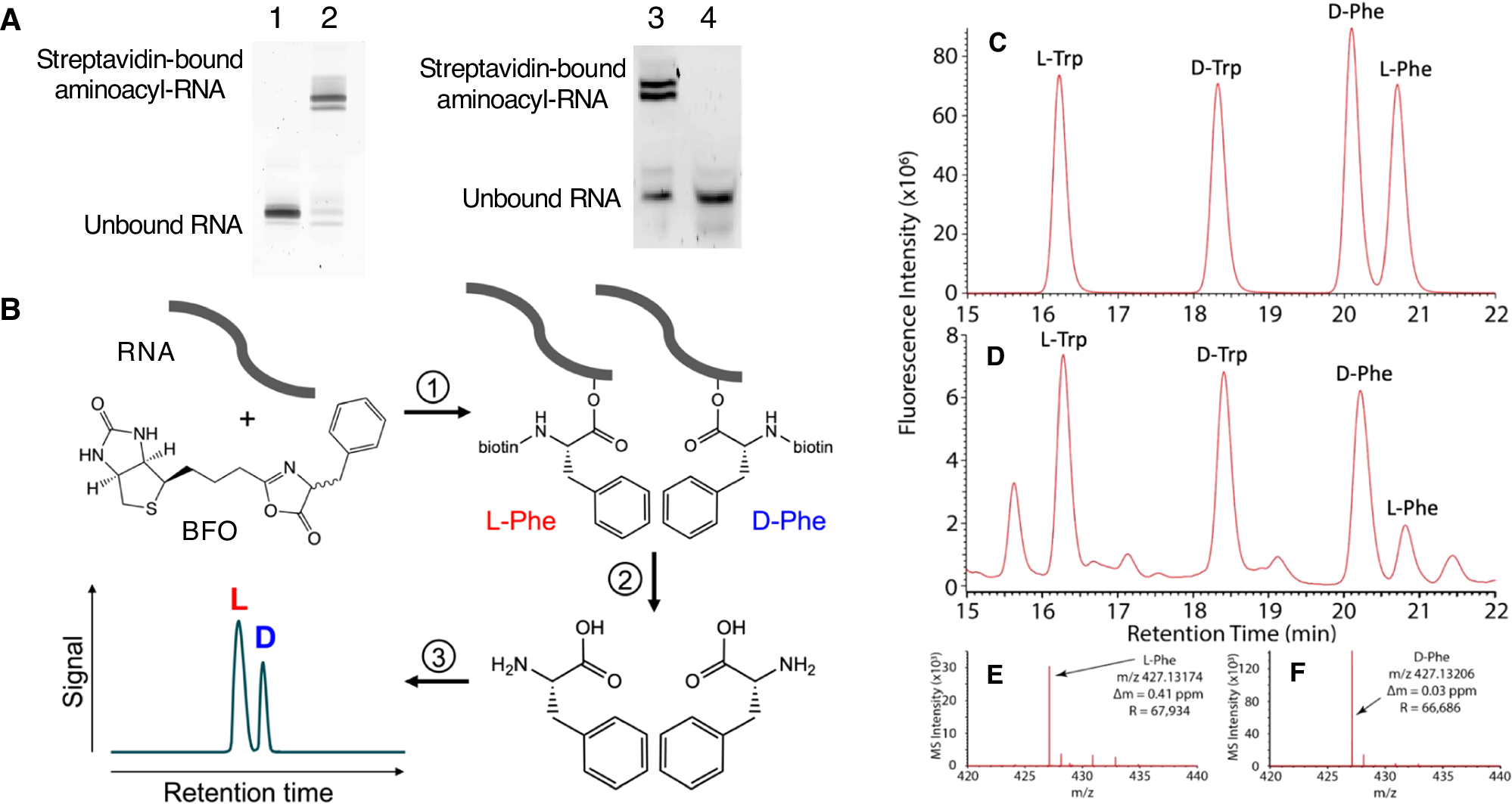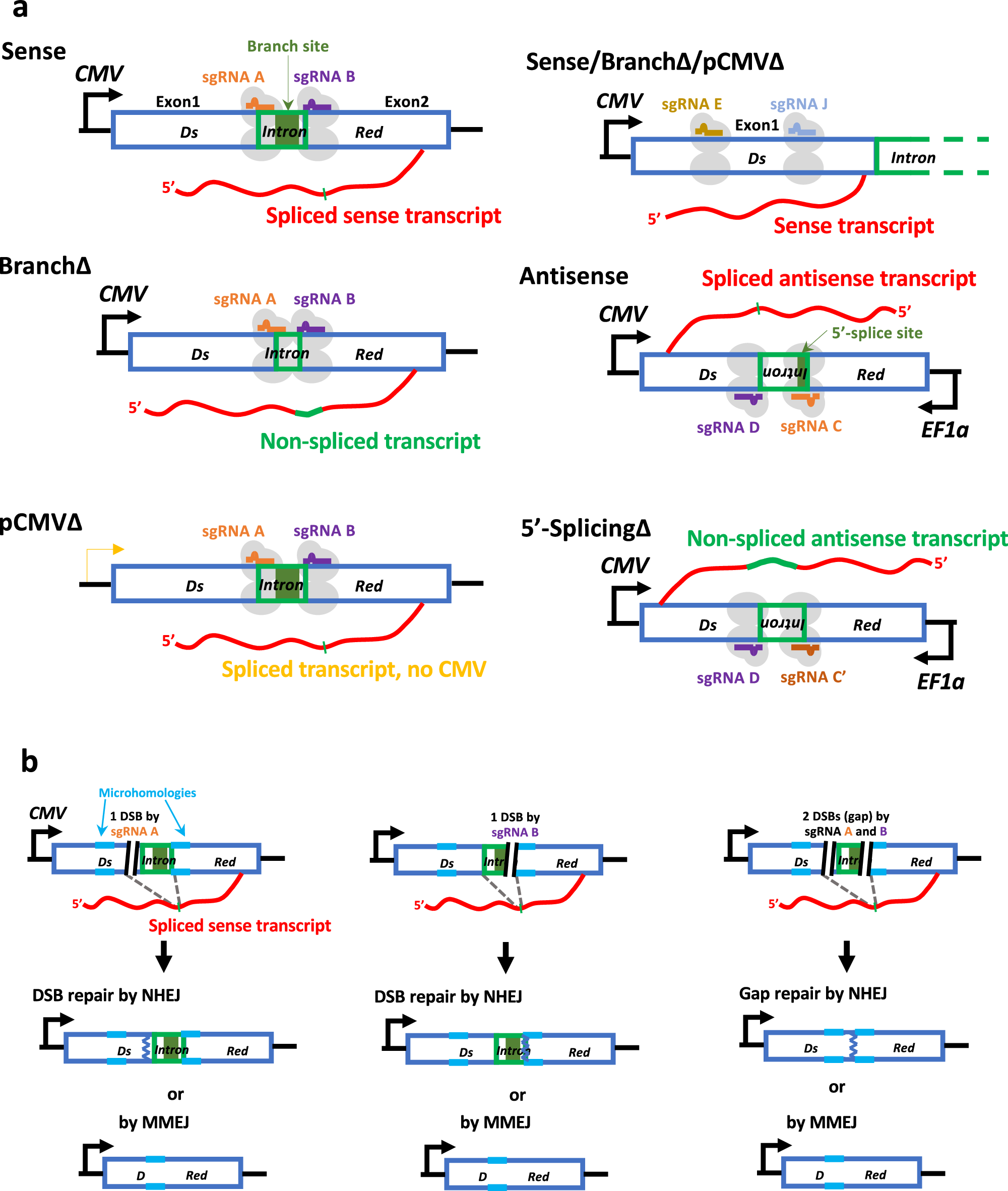2004-11-21 アリゾナ大学
<関連情報>
- https://news.arizona.edu/news/study-identifies-potential-new-drug-parkinsons-related-cognitive-decline-dementia
- https://www.sciencedirect.com/science/article/pii/S0014488624002528?via%3Dihub
アンジオテンシン(1-7)糖ペプチドPNA5が神経炎症の調節を介してパーキンソン病の慢性進行性モデルマウスの認知機能を改善する The angiotensin (1–7) glycopeptide PNA5 improves cognition in a chronic progressive mouse model of Parkinson’s disease through modulation of neuroinflammation
Kelsey Bernard, Jesus A. Mota, Paige Wene, Mandi J. Corenblum, Juben L. Saez, Mitchell J. Bartlett, M. Leandro Heien, Kristian P. Doyle, Robin Polt, Meredith Hay, Lalitha Madhavan, Torsten Falk
Experimental Neurology Available online: 15 August 2024
DOI:https://doi.org/10.1016/j.expneurol.2024.114926

Highlights
- Systemic PNA5 improves recognition and spatial working memory in Parkinsonian mice
- Enhanced cognition was associated with decreases in hippocampal inflammation
- Neuronal loss was blunted within the CA3 hippocampal region after PNA5 treatment
- PNA5 reduced Macrophage Induced Protein-1 plasma levels implying target engagement
- PNA5 may address dementia associated with Parkinson’s disease
Abstract
Cognitive decline in Parkinson’s Disease (PD) is a prevalent and undertreated aspect of disease. Currently, no therapeutics adequately improve this aspect of disease. It has been previously shown that MAS receptor agonism via the glycosylated Angiotensin (1–7) peptide, PNA5, effectively reduces cognitive decline in models of vascular contributions to cognitive impairment and dementia (VCID). PNA5 has a brain/plasma ratio of 0.255 indicating good brain penetration. The goal of the present study was to determine if (1) systemic administration of PNA5 rescued cognitive decline in a mouse model of PD, and (2) if improvements in cognitive status could be correlated with changes to histopathological or blood plasma-based changes. Mice over-expressing human, wild-type α-synuclein (αSyn) under the Thy1 promoter (Thy1-αSyn mice, “line 61”) were used as a model of PD with cognitive decline. Thy1-αSyn mice were treated with a systemic dose of PNA5, or saline (1 mg/kg/day) beginning at 4 months of age and underwent behavioral testing at 6 months, compared to WT. Subsequently, mice brains were analyzed for changes to brain pathology, and blood plasma was examined with a Multiplex Immunoassay for peripheral cytokine changes. Treatment with PNA5 reversed cognitive dysfunction measured by Novel Object Recognition and spontaneous alteration in a Y-maze in Thy1-αSyn mice. PNA5 treatment was specific to cognitive deficits, as fine-motor disturbances were unchanged. Enhanced cognition was associated with decreases in hippocampal inflammation and reductions in circulating levels of Macrophage Induced Protein (MIP-1β). Additionally, neuronal loss was blunted within the CA3 hippocampal region of PNA5-treated αsyn mice. These data reveal that PNA5 treatment reduces cognitive dysfunction in a mouse model of PD. These changes are associated with decreased MIP-1β levels in plasma identifying a candidate biomarker for target engagement. Thus, PNA5 treatment could potentially fill the therapeutic gap for cognitive decline in PD.


